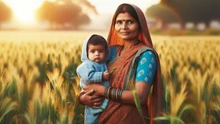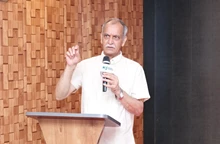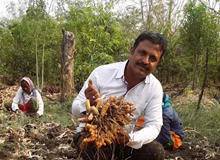
"On January 9, 2023, the Minister will chair a review meeting of different flagship schemes by the government of India in Ampati, South West Garo Hills, alongside government officials and stakeholders," according to the notification.
"Rupala will meet self-help groups for women, dairy farmers, and regional fisheries entrepreneurs on January 10, 2023," the ministry added.
According to the ministry, this will be Union Minister Rupala's first visit to the state's South West Garo Hills. He would also visit Bangladesh Border Haats to interact with the border communities.
Border Haats in Meghalaya are the result of a Memorandum of Understanding (MOU) signed between the Government of India and the People's Republic of Bangladesh in order to improve the livelihood of people living in border areas, according to the Government of Meghalaya's website.
There are currently two operational Border Haats, India-Baliamari from Kalaichar, West Garo Hills District, Meghalaya to Kurigram District, Bangladesh, and four new Border Haats are in the works.
Border haats aim to promote the well-being of people living in remote areas across two countries' borders by establishing a traditional system of marketing local produce through local markets.
Border Haats improve bilateral people-to-people international relations, revitalize local economies, create jobs, and offer a diverse range of high-quality goods at lower prices, particularly in remote border areas. These Haats facilitate the exchange of food, forest products, cottage products, and small agricultural household items.











